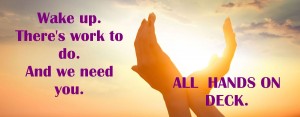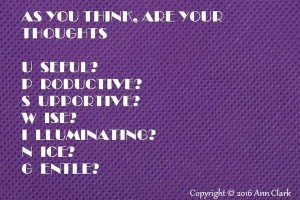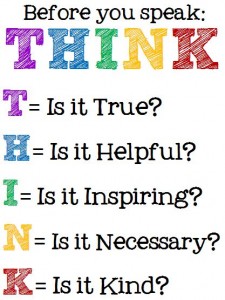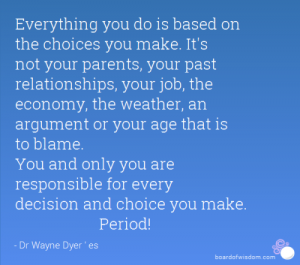Recently a friend tagged me on Facebook in an ad for an online paralegal course with the message, “If your therapist gig doesn’t work out…” It was fun and funny, an allusion to my 30 years spent in law offices before I chose a “helping profession.” What she doesn’t know is that I already have a plan in place for if my “therapist gig” doesn’t work out. (I’m still an intern and I love the work greatly, but there are a few scenarios that might keep me from following through all the way to licensure.) That plan is to live out the rest of whatever years are left to me, subsisting on a humble Social Security check, and following the advice attributed to John Wesley: “Do all the good you can. By all the means you can. In all the ways you can. In all the places you can. At all the times you can. To all the people you can. As long as ever you can.” Because all I ever wanted to do was help others. It was my favorite part of being a paralegal, and the reason I traded that relatively lucrative, benefited work for mountains of student loan debt and four-years-and-counting of internship wages that, in most jobs, mean $10 per client hour.
I definitely help people (or have ample opportunity to try) in the work that I do now. But I want to do more. And maybe it’s a natural function of growing older, but with every passing day I am driven to want to do even MORE helping. I get stuck when I think I’m not doing enough, and then I remember the wisdom of one Rabbi Tarfon: “It is not given to you to complete the work [of perfecting the world], but neither are you free to desist from it,” a fancy way of saying, “Every little bit helps.”
So meanwhile – until and unless I invoke Plan B and leave my beloved counseling work behind – I remember that we don’t necessarily have to volunteer 20 hours a week or fly to another country to build homes. Driving kindly counts — letting the other guy in, waving ‘thanks’ when the other guy lets YOU in. Sending get-well notes to ailing friends or neighbors. Spreading joy and positivity everywhere, including on social media. Picking up litter on a trail while you hike. Smiling at people on the street. Letting people with fewer items in the grocery store line go ahead of you. It’s important to me to remember that the smallest act of kindness matters, lest I get caught up in the lie my brain wants to tell me: “You’re not doing enough to help others so you might as well stop trying.” That Rabbi Tarfon, he knew a thing or two about human nature.
When I graduated from Santa Rosa Junior College in the 90s, I was a valedictorian speaker and I drew from Robert Anton Wilson’s essay, “Ten Good Reasons to Get Out of Bed in the Morning” — a work that inspired me to my very core. His final reason still inspires and motivates:
“NOBODY IS UNIMPORTANT ANYMORE. There we have it, the final reason to get your ass out of bed: we need you. We need you on our side – the side of hope and action – and we need you now. Every decade is a scientific milestone, which means that every year counts as well, and every month, every week, every day. Indeed, at this point, every act of our lives is either a step toward the achievement of all our visions of glory or a step back toward the stupidity and self-pity that can destroy us. No one really needs LSD to see the cosmic importance of every minute.” And this:
“Any single act of love and hope may be the grain that tips the scale towards survival and, conversely, any single act of cruelty or injustice may be the grain that tips the scale the other way.”
Now, more than ever, even more than when Wilson wrote his essay in 1977 – now, when too many people are tempted to collapse into hate and anger and despair — we need to understand “the cosmic importance of every minute” and we need to understand that every word we speak or write, every action we take either in the direction of tearing down or building up, matters immensely. In this moment, we have the power to effect change. Paraphrasing the popular final line of others’ commencement speeches: We really ARE the ones we’ve been waiting for. And now is the time.





